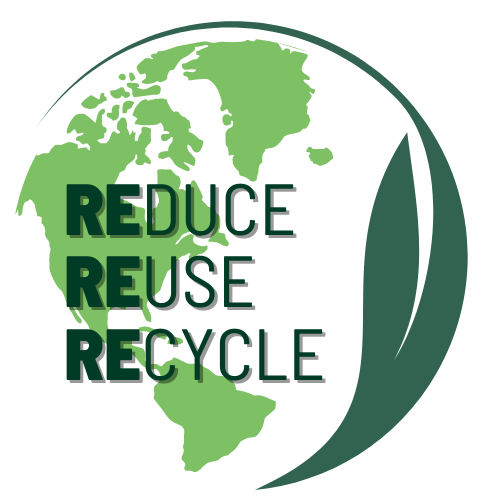http://www.seas-at-risk.org/news_n2.php?page=632
EC Conference presents outcome of public consultation on the Green Paper
on plastic waste
Brussels, 30th September 2013 --- The European Commission presented the
initiatives it intends to take to reduce plastic waste. These include a
ban on landfilling, strengthen recycling targets, and a proposal to be
released in two weeks on limiting single-use plastic bags.
Seas At Risk welcomes these policy developments, expected to be
completed before the end of term of the current Commission in May next year.
The EU is keen to legislate to ensure that a radical shift towards a
circular economy occurs, as laid out in the road map to a resource
efficient Europe, and the 7th Environmental Action Plan. The Commission
is committed to finding solutions to the problem of our high plastic
consumption that increases as GDP increases.
As speaker Helmut Maurer said at the conference “plastic consumption is
an illness we need to cure”.
At the conference, the Commission presented some of the outcome of
public consultation on the Green Paper on plastic waste and also devoted
particular attention to the problem of marine litter. The conference was
attended by many researchers, policy makers, industry representatives
and NGOs, including Seas At Risk.
The adverse impacts of plastic on the environment, and on our seas in
particular, are not a secret. As explained at the conference, 60 animal
species on the IUCN red list have been recorded suffering the negative
effects of marine litter, and 280 research papers document harmful
effects of plastic on marine animals. Researchers also discussed the
role of endocrine disrupters, which are often found in plastics, in
causing various diseases. They showed evidence of microplastics being
ingested by filter feeding marine invertebrates such as the popular food
species mussels and Scottish scampis.




